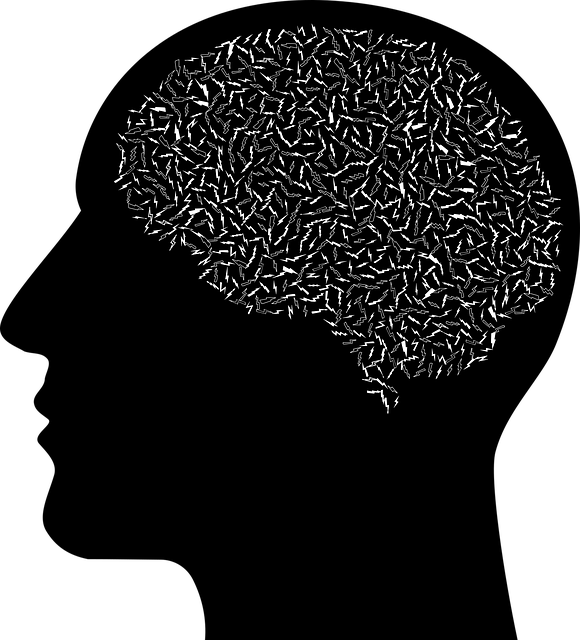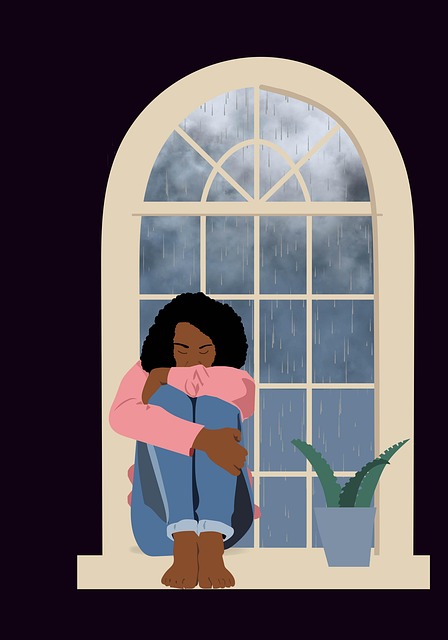Highlands Ranch Polyamorous and Open Relationships Therapy highlights the critical role of cultural sensitivity in mental health. Therapists must understand and adapt to diverse community perspectives shaped by history, society, and religion. By fostering safe spaces for expression without judgment, they can enhance client confidence and compassion cultivation. This approach impacts policy decisions, addressing care disparities and providing inclusive, effective mental healthcare that respects individual identities. Emphasizing emotional intelligence and tailored interventions ensures personalized care for all clients, regardless of their chosen familial structures.
In the diverse landscape of mental healthcare, cultural sensitivity is paramount. This article explores the intricate interplay between cultural diversity and mental health beliefs, offering insights into how professionals can provide more inclusive support. We delve into specific considerations for navigating sensitive issues, such as polyamorous and open relationships in therapy, with a focus on Highlands Ranch as an example. By employing culturally responsive practices, healthcare providers can create safe spaces that honor diverse experiences, enhancing therapeutic outcomes.
- Understanding Cultural Diversity and Mental Health Beliefs
- Navigating Sensitively: Polyamorous and Open Relationships in Therapy
- Strategies for Culturally Responsive Practice in Highlands Ranch
Understanding Cultural Diversity and Mental Health Beliefs

In the vibrant landscape of mental healthcare, understanding cultural diversity is paramount. Different communities hold distinct beliefs about mental health, stemming from their unique historical, social, and religious contexts. For instance, in Highlands Ranch Polyamorous and Open Relationships Therapy circles, individuals often bring forth unconventional perspectives on well-being and therapy, challenging conventional practices. This requires therapists to be adept at navigating these diverse viewpoints, fostering a safe space where clients can express their beliefs without fear of judgment.
The impact of cultural sensitivity extends beyond the therapeutic relationship. It influences policy decisions in mental health, driving initiatives like Mental Health Policy Analysis and Advocacy. By recognizing and addressing disparities in care, healthcare providers can enhance Compassion Cultivation Practices, ultimately boosting client confidence. This holistic approach not only respects individual cultural identities but also ensures that mental healthcare services are inclusive and effective for all.
Navigating Sensitively: Polyamorous and Open Relationships in Therapy

In today’s diverse society, therapists in Highlands Ranch must be prepared to navigate sensitive cultural topics, including polyamorous and open relationships. As these non-monogamous arrangements gain more acceptance, mental health professionals need to understand the unique challenges and perspectives they bring to therapy. Many individuals in these relationships struggle with stigma and lack of understanding from mainstream society, which can create additional barriers to seeking help. Therapists must approach these situations with cultural sensitivity, recognizing that polyamorous and open relationships are valid forms of love and commitment.
Adopting Mind Over Matter Principles, therapists can foster an environment of empathy and non-judgment, encouraging clients to explore their emotions and connections openly. Burnout prevention is crucial when handling such complex issues, as it allows professionals to maintain objectivity and provide the best care. By employing effective Empathy Building Strategies, therapists in Highlands Ranch can better support individuals navigating polyamorous or open relationships, helping them overcome challenges and foster healthy dynamics within their chosen familial structures.
Strategies for Culturally Responsive Practice in Highlands Ranch

In Highlands Ranch, fostering a culturally responsive practice is essential for providing effective therapy to individuals from diverse backgrounds, including those in polyamorous and open relationships. Therapists can develop inner strength by cultivating emotional intelligence—the ability to understand and manage one’s own emotions while empathizing with others’ experiences. This skill set enables professionals to create safe spaces where clients feel heard, validated, and supported.
By integrating strategies that promote mental wellness across cultures, therapists in Highlands Ranch can offer tailored interventions. This may involve learning about specific cultural beliefs, practices, and challenges unique to polyamorous and open relationship dynamics. Enhancing cultural sensitivity allows for more nuanced approaches to therapy, ensuring that every client receives personalized care that respects their individual and collective identities.
In addressing mental healthcare, cultural sensitivity is paramount. By understanding diverse beliefs around mental health and adopting strategies like those highlighted for Highlands Ranch, practitioners can create a more inclusive environment. Navigating issues unique to polyamorous and open relationships in therapy demonstrates a commitment to meeting clients where they are, fostering trust, and enhancing the therapeutic experience. Through culturally responsive practice, we not only improve outcomes but also contribute to a more equitable and accessible mental healthcare system for all, including those in Highlands Ranch with diverse relationship dynamics.









